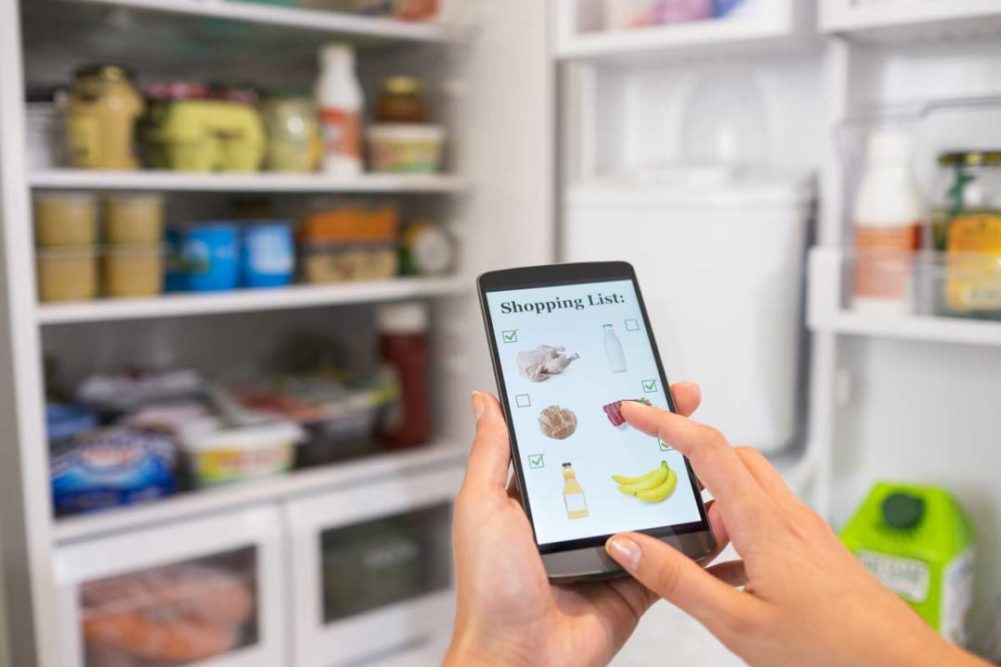KANSAS CITY, MO. — Industry innovations and consumer acceptance of new technology are surging thanks to the effects of the coronavirus (COVID-19).
“We’ve probably leapt five years ahead into the future in a very short period of time,” said David Portalatin, vice president and industry adviser for The NPD Group Inc., during the “Trends and Innovation Seminar,” a virtual event hosted on Aug. 26 by MEAT+POULTRY’s sister publication, Food Business News. “Many of the things that we were talking about before have really intensified and come into focus. The future really is now in terms of how we go to market differently both in stores and in e-commerce, truly the omnichannel concept of the future.”
Before COVID-19, 19% of Americans purchased edible groceries online in the past three months, according to The NPD Group, Port Washington, NY. The percentage more than doubled to 40% by May.
“We’ve leapt about five years into the future on this growth trend,” Portalatin said.
Older consumers are the fastest-growing adopters of e-commerce this year.
“This is not just existing techno-savvy, young, affluent, e-commerce consumers who have doubled down on their e-commerce activity,” he said. “This is truly a broadening of the face of consumers that are using e-commerce.”
Older consumers have found benefits in e-commerce such as a contactless means of acquiring necessary goods.
“Now is that going to change just because the pandemic goes away?” Portalatin said. “I don’ think so. I think as people, when we grow, when we stretch, we build up our muscles, we gain new capabilities. We’re going to continue to use those capabilities.”
He expects the resurgence in at-home eating, which increased to 80% of eating occasions in the United States, to remain popular even after the global pandemic fades. People are making investments in in-home meal preparation by buying items like pasta machines, breadmakers, sandwich presses, pizza ovens and soda machines.
Brick-and-mortar stores could evolve in the COVID-19 era. Certain sections of the store could become fully dedicated to expediting online orders. Some grocery stores even could transform into “dark stores” and be fully dedicated to online orders. He compared “dark stores” to “ghost kitchens” that solely exist to prepare restaurant meals for delivery. Cooking technique demonstrations or wine pairings also could take place in brick-and-mortar stores.
“We have an opportunity to change what exactly what happens within the four walls of that brick-and mortar store,” Portalatin said.


